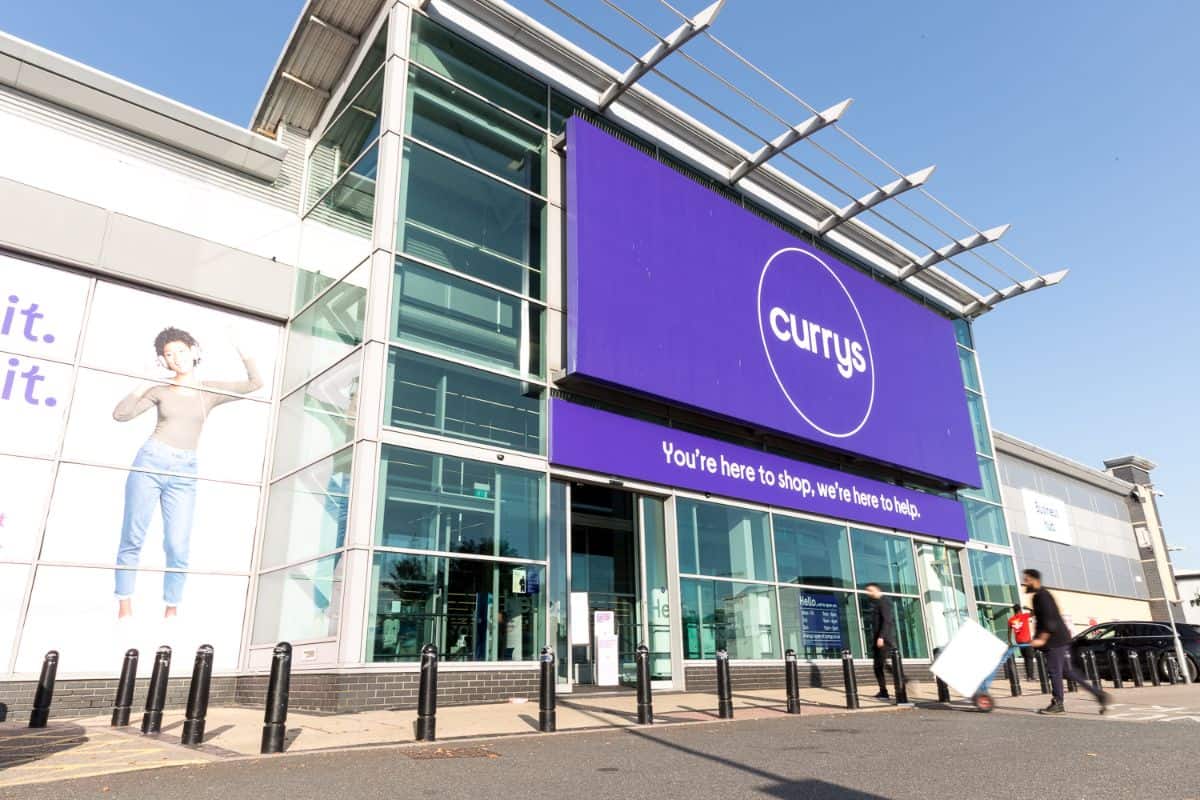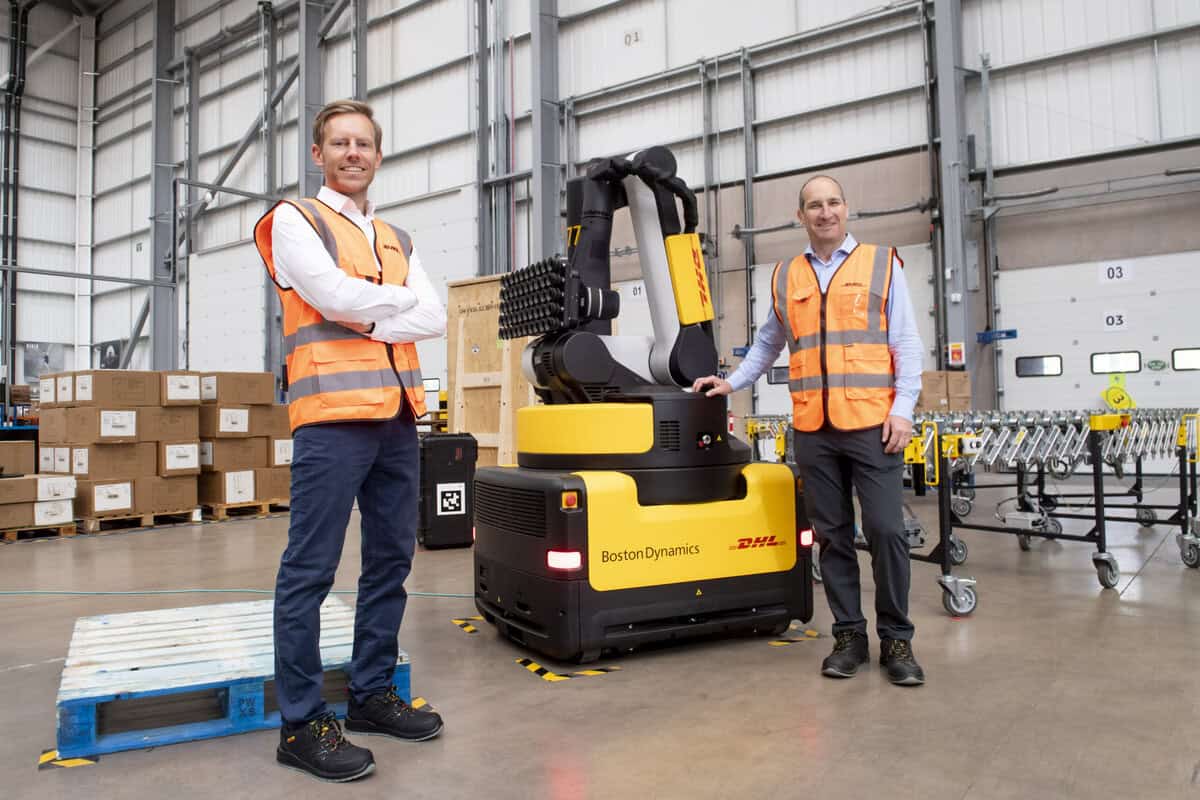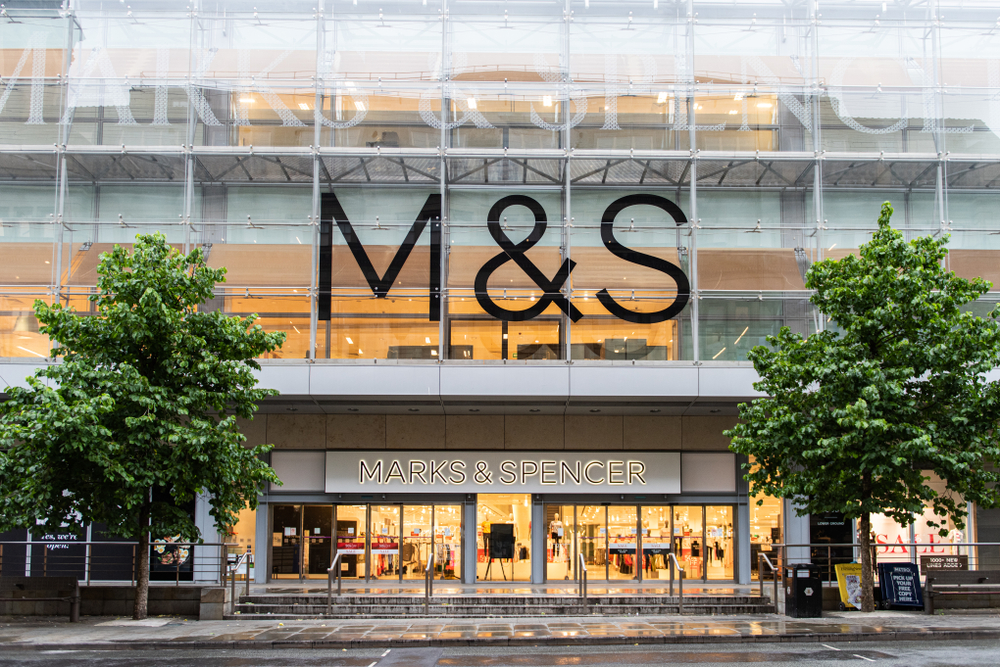With the dust settling on another Black Friday-Cyber Monday, retailers are increasingly turning their attention away from exploiting the much-needed pre-Christmas peak and looking ahead to how to be more efficient and more effective in ‘normal’ trading conditions.
While sales on Black Friday were down compared to previous peak weekends – and the World Cup hasn’t delivered the bounce many were hoping for… yet – sales were better than feared and retailers can now draw on the lessons that they have learned from the weekend and work out how to apply them going forward.
And much of that rests on investing in technology. Data from November already points to this being a more mobile Christmas, with some 68% of online Black Friday sales coming from mobile and with shoppers increasingly using smartphones to hunt for bargains both in and out of stores.
They are also actively engaging in conversational commerce through messaging channels – primarily SMS and WhatsApp – a trend that is only set to increase across 2023 as the role of mobile in retail shifts towards enabling a more interactive relationship between brands and customers. Making sure you are conversational commerce ready should be a key theme for the months ahead.
And it is happening. On a more practical level, this week we see a number of retailers investing in back-end tech that will make their cross and omni-channel operations more efficient and more effective. As part of this shift, companies from the enormous B&Q to the more niche Weird Fish are looking at how better to tie together their online and store sales and interactions through better control and visibility of their inventory.
B&Q, for example, has rebuilt its OMS to allow for a more fluent view of order management across warehouse, stores and online allowing for a much more agile response to orders wherever they may be coming from. This gives a better service to customers, but the knock-on effect for B&Q is that no only does it hope to sell more, but it will save money in returns, cancelled orders and, above all, customer service calls. How it is factoring for messaging in this remains to be seen, but the move – which is going to be rolled out across all of Kingfisher Group – certainly points to how getting it right at the browsing/point of purchase part of the process may be the ultimate in conversational commerce: no conversation necessary at all.
Weird Fish, on the other hand, is turning to ERP to better link in-store and online operations so that it can fulfil orders more easily regardless of channel. Again, it is linking store, web and warehouse to manage the changing needs of shoppers by understanding exactly how they shop.
Elsewhere, Kurt Gieger has become the latest luxury brand to join forces with online outlet site Secret Sales, going one step further than just selling end of line and b-stock and has created its own ‘made for outlet’ range. This is an interesting move, embracing the very concept that the outlet mall, online or otherwise, targets its own demographic and should be properly served. It will be interesting to see if other lux brands follow suit.
And finally, hats off to Co-op for rolling out more robots. The retailer has extended its autonomous delivery service to Leeds and now operates a veritable army of robots delivery groceries in several towns and cities around the UK – for the festive period, dressed up as reindeer. Maybe this is the backstory to The Terminatorthat they don’t want you to know about? It all started when the grocery delivery robots felt their comedy antlers were demeaning and went rogue…









